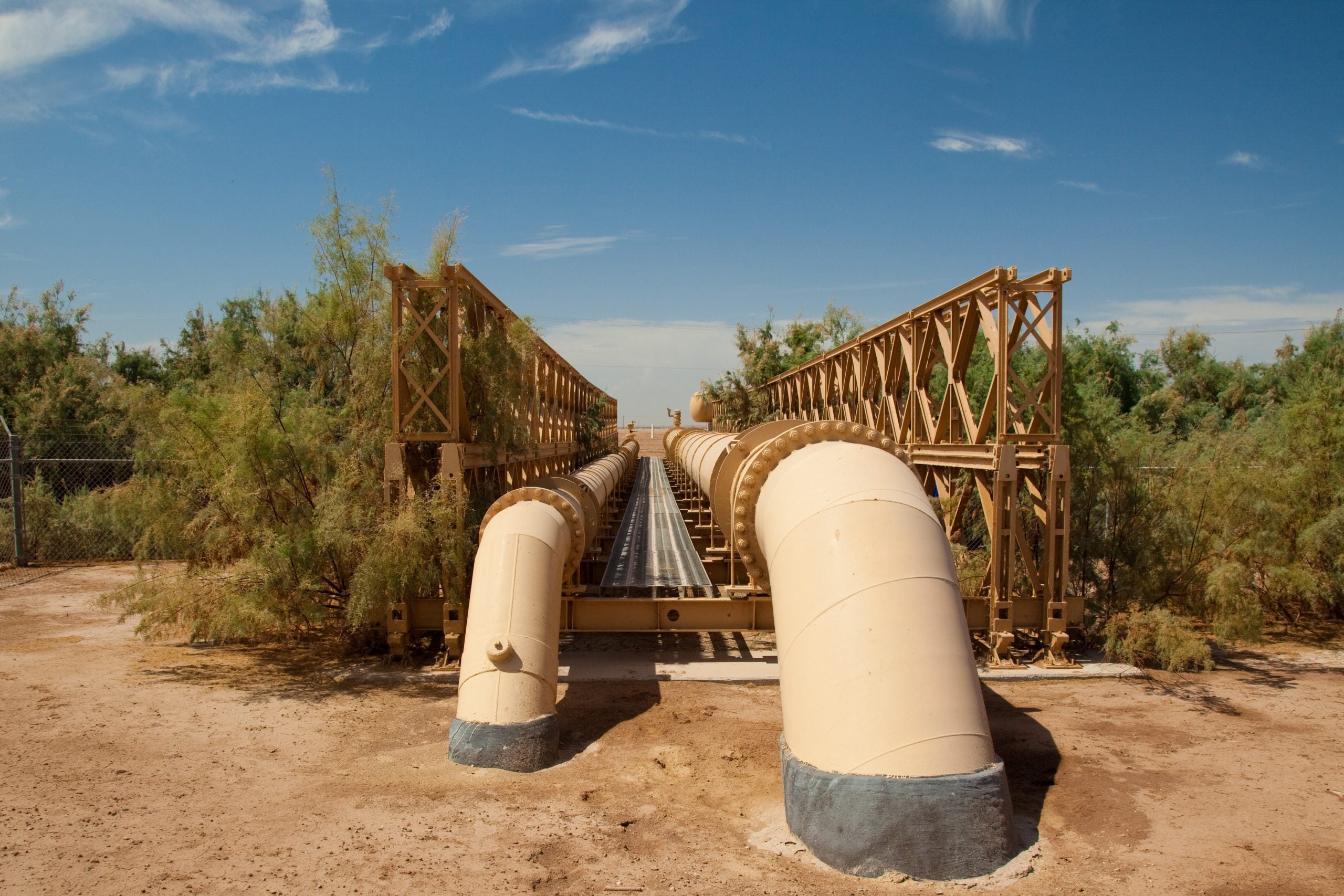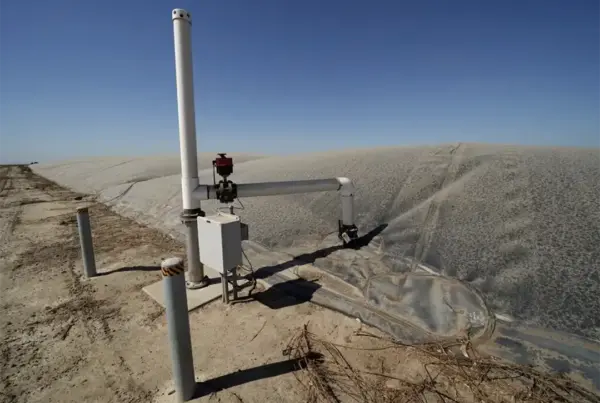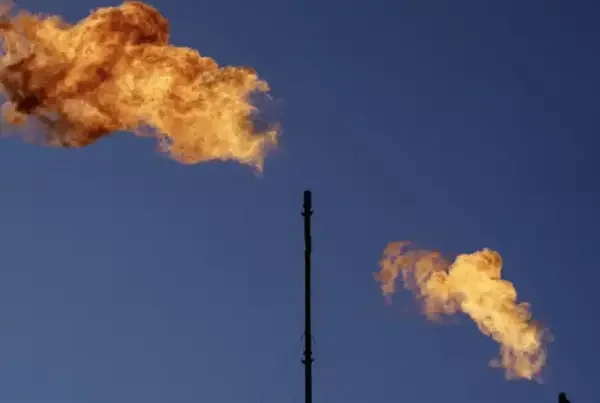SHARM El-SHEIKH—As Europe pushes for an increase in gas production in Africa, a coalition of more than 100 civil society and climate experts, many of them from Africa, is demanding European leaders keep the climate promises they made at COP26 in Glasgow.
“We believe there is a risk Africa’s energy investments will be skewed into producing fossil fuels for European consumption, and not energy access or transition for Africans,” African civil society groups wrote in an open letter to African leaders.
The groups’ Don’t Gas Africa campaign is aimed at stopping Europe’s efforts to extract African gas and disregard the pledges European leaders made in Glasgow.
In order to achieve the commitments set out in Glasgow, said Claire Stockwell, a senior climate policy analyst at Climate Analytics, emissions reductions must come from the energy sector. “If we’re really serious about cutting methane emissions, we’re going to need to see a reduction in oil and gas,” she said.
Germany, Italy, France, and Spain are among 29 countries that agreed not to provide direct public support to the fossil fuel sector by the end of 2022, except in limited cases, in line with the Paris Agreement. But Germany has since begun pursuing new gas extraction projects in Senegal, citing a loss of access to Russian gas supplies because of the war in Ukraine. Germany is working to drum up support from the European Union for its efforts.
Meanwhile, the European Union’s foreign affairs chief is pushing the government of Mozambique to accelerate gas exploration efforts that are displacing thousands of people and fueling violent conflict in the country. Italy is pursuing new gas deals in Angola and the Democratic Republic of the Congo, and the EU has voted to reclassify fossil fuels and nuclear energy as “green” to make projects eligible for government subsidies and low-cost loans.
“Africa is in the midst of a showdown over oil and gas production,” The New York Times Chief Africa Correspondent Declan Walsh said at an event hosted by the publisher on the sidelines of COP27.
Those pushing for more methane gas drilling in Africa maintain fossil fuel expansion is part of a just path toward climate transition, but experts speaking at COP27 don’t buy the argument. “Expansion of fossil fuels would bring climate change to a tipping point,” said Thuli Makama, an environmental lawyer from Swaziland.
Such an approach would put the interests of the fossil fuel sector and European governments ahead of the interests of Africans who have to live with the consequences of increased gas production, including health and safety impacts and local environmental degradation, the letter said.
Makama pointed to Nigeria as an example of a flawed argument for fossil fuels in Africa. In Nigeria, just 60% of profits from the fossil fuel industry remain in Africa, with the rest being realized by multinational corporations and northern hemisphere governments, she said. Very little makes it to the Nigerian people.
The industry also is not a significant creator of jobs on the continent. “The myth about jobs is not true,” Makama said, noting the fossil fuel industry is responsible for just 1% of the jobs created in Africa.
And while Europe needs gas to fill a short term need created by the war in Ukraine, particularly as energy prices surge ahead of winter, those needs are likely to last only a year or two, and would leave Africa with stranded gas assets and a legacy of environmental and health harms.
“The world seems to have overreacted in its bid to respond to the energy crisis,” said Bill Hare, CEO and senior scientist at Climate Analytics. “The energy crisis has taken over the climate crisis.” Hare described the world’s oil and gas pipeline as bloated, estimating an oversupply equal to five times Russian gas imports to the EU and twice the volume of total Russian gas exports by 2030.
Meanwhile, Africa—the continent least responsible for the climate crisis—is in a position to skip straight into a renewables revolution to meet its own energy needs.
“We have a future that can be powered by 100% renewable energy,” said Kenyan environmentalist Elizabeth Wathuti, founder of the Green Generation Initiative.
Those renewables also provide a more cost-effective path forward. “It’s not very clear there is a strong economic case for gas,” said Mia Moisio, a climate policy analyst at the New Climate Institute.
Just as it leapfrogged landlines and went straight to mobile phones, Africa can leapfrog fossil fuels to build its economies with renewable energy sources that limit pollution and its side effects.
“We have an opportunity to take our destiny in our hands and chart a future that is safe and sustainable,” said Mohamed Adow, founder and director of Power Shift Africa. “We don’t want to double down on an extractive path that is going to lead to destruction.”


